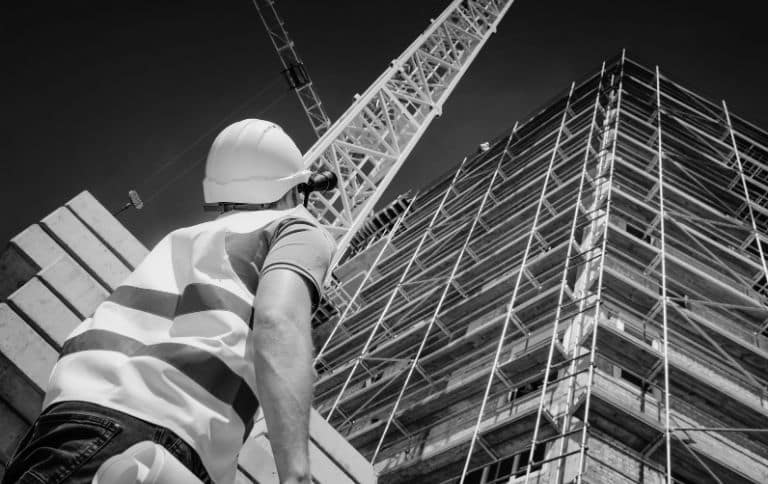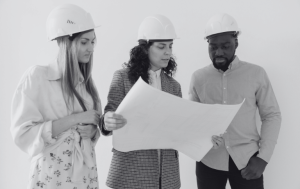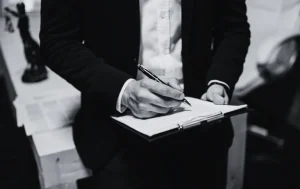Construction projects, whether large-scale commercial builds or smaller residential developments, are often complex endeavors involving multiple parties, timelines, and significant financial investments. With so many moving parts, it’s not uncommon for issues to arise. When a construction project goes wrong, the consequences can be costly, time-consuming, and stressful. As an experienced Atlanta construction lawyer, I’ve seen firsthand how mishandled disputes can escalate. Here’s what you need to know if you find yourself in a construction project gone awry.
- Identify the Source of the Problem
Before taking any legal or corrective action, it’s crucial to pinpoint the exact source of the issue. Common problems in construction projects include:
- Delays in project timelines
- Breach of contract, such as failure to complete work as specified
- Design flaws or defective workmanship
- Payment disputes between contractors, subcontractors, and clients
- Permit or zoning issues
By clearly identifying the problem, you can determine the best course of action to resolve the matter and minimize further disruptions to the project.
- Document Everything
In any construction dispute, thorough documentation can make or break your case. From the start of the project, it’s important to keep detailed records of all contracts, emails, change orders, invoices, and communications. If issues arise, document the specifics, such as missed deadlines, substandard work, or safety violations. Photos, videos, and written records provide invaluable evidence if the situation escalates to a legal claim.
- Review Your Contract
Most construction disputes revolve around the terms outlined in the contract. This is where having a well-drafted construction contract is crucial. Review the original contract and any amendments or change orders to understand the responsibilities and obligations of each party. Contracts should cover project scope, deadlines, payment terms, and dispute resolution methods. If your contract lacks clarity, consulting an attorney to interpret its terms is essential to avoid further misunderstandings.
- Communicate and Attempt Resolution
Open lines of communication can often prevent disputes from spiraling out of control. Before turning to legal action, try to resolve the issue with the other party through negotiation. This can involve discussing delays, agreeing on corrective actions, or revising timelines and costs. Mediation can also be a useful step, especially if the relationship between the parties is still amicable.
However, if negotiations are not possible or have failed, seeking legal intervention may be your best option to protect your interests.
- Know Your Legal Options
If informal resolution efforts don’t work, it’s time to explore your legal options. In Georgia, construction disputes are typically handled under the state’s construction laws, which govern everything from lien rights to contract enforcement.
Here are a few legal actions to consider:
- Breach of Contract Lawsuit: If the other party has violated the terms of the contract, you may be able to sue for damages, including costs incurred due to delays or substandard work.
- Mechanic’s Liens: Subcontractors and suppliers who haven’t been paid for their work can file a mechanic’s lien to claim payment against the property.
- Construction Defect Claims: If the project was completed with faulty workmanship, design defects, or used substandard materials, you can file a construction defect claim.
- Arbitration or Mediation: Many construction contracts include arbitration or mediation clauses, which require disputes to be settled through alternative dispute resolution rather than going to court.
- Consult an Experienced Construction Lawyer
Construction law is complex, and navigating a dispute requires expert knowledge of local regulations, industry practices, and legal precedents. An experienced construction lawyer can help you understand your rights, evaluate your case, and develop a strategy for resolving the issue. Having legal representation ensures that your interests are protected, whether you’re a contractor, property owner, or developer.
At our Atlanta law firm, we specialize in representing clients involved in construction disputes, from contract breaches to payment conflicts and construction defects. We understand the intricacies of Georgia construction law and are committed to achieving the best outcome for our clients. If you’re facing a problem with your construction project, contact us today for a consultation.
Conclusion: Take Action Before Problems Escalate
When a construction project goes wrong, the sooner you take action, the better. By identifying the problem, documenting everything, and consulting with a construction lawyer, you can resolve disputes effectively and prevent them from derailing your project. Construction projects are investments of time and money—don’t let a dispute jeopardize yours.
For professional legal advice and representation, reach out to our Atlanta construction law team. We’re here to protect your interests and help you get your project back on track.




